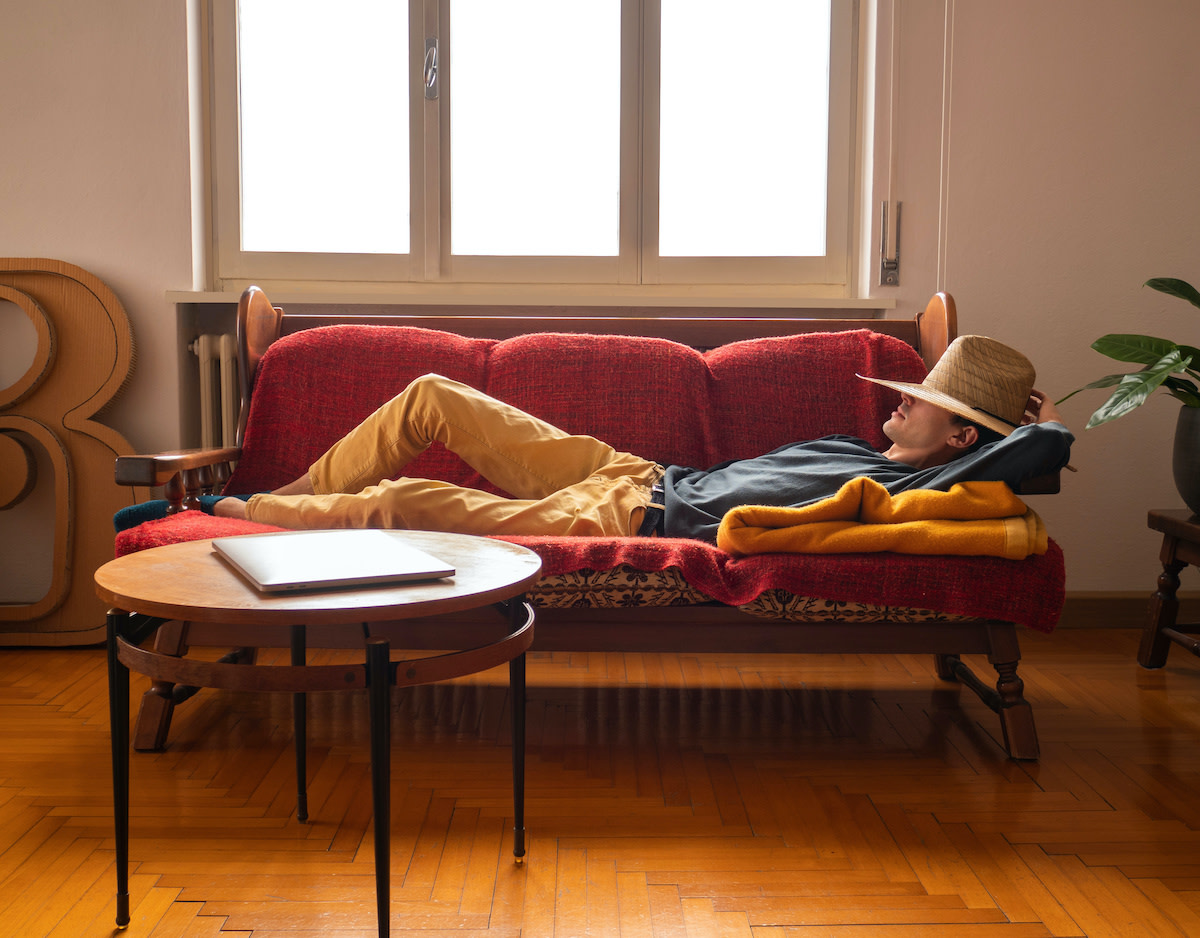Power Nap Overview: How to Take a Power Nap
Written by MasterClass
Last updated: Feb 24, 2022 • 3 min read
A power nap is a short nap that boosts energy levels and cognitive function during the day. Power naps should be no longer than twenty minutes, so the sleeper wakes up before the third stage of sleep, also called deep sleep.
Learn From the Best
What Is a Power Nap?
A power nap, sometimes called a siesta or a catnap, is a revitalizing short period of rest that ends before the sleeper enters deep sleep, also known as slow-wave sleep (SWS). Experts say short naps offer several health benefits: They can increase relaxation, reduce fatigue, and improve mood and mental health.
A variation on the power nap is the caffeine nap, also called a coffee nap or stimulant nap, in which you drink a cup of coffee or take a caffeinated supplement right before your quick, midday nap.
How Long Is a Power Nap?
An ideal power nap length is about twenty minutes. Neuroscience studies suggest that a twenty-minute nap may be just as regenerative as a longer nap. During this time, you may enter rapid eye movement sleep (REM sleep)—a sleep stage that happens shortly after falling asleep where most dreaming takes place—which is why many nappers experience dreams. However, you will not enter slow-wave sleep, which is usually best saved for nighttime when you get several hours of sleep.
If your nap time exceeds twenty minutes, you may enter the third stage of your sleep cycle and experience grogginess or increased drowsiness upon waking.
4 Benefits of Power Napping
There are several benefits associated with taking a power nap, including:
- 1. Boosted energy during the day: Short daytime naps can give you a boost of energy in the middle of the day. Getting a quick burst of shut-eye can limit daytime sleepiness and increase your productivity.
- 2. Improved mood and cognitive function: Napping offers some of the benefits of sleep but in shorter bursts. As people age, napping becomes more directly linked to mood stabilization and cognitive performance.
- 3. Prepares you for healthy sleep at night: One of the benefits of napping is improved nighttime sleep quality for older adults. If you aren’t getting enough sleep during the evening, taking short afternoon naps can help you get a good night’s sleep.
- 4. Repair sleep deficits: A build-up of sleep loss over a few days can wreak havoc on physical, mental, and emotional systems: Slower reaction times, impaired vision, and an inclination towards burnout are common symptoms. Incorporating a regular afternoon power nap can dispel these side effects and improve sleep hygiene.
How to Take a Power Nap
One of the best ways to reverse the effects of tiredness or sleep deprivation is to take a quick nap to rejuvenate your body. Here are some tips to help you get an effective power nap:
- 1. Create a comfortable sleep space. To get good sleep during your nap, choose a comfortable place. (Some offices even have designated nap rooms or nap pods to allow you to rest comfortably.)
- 2. Choose the duration. Sleep experts recommend setting aside about twenty minutes for a power nap, but you may need additional time to relax enough to fall asleep, so plan accordingly.
- 3. Set an alarm. Remember to set a timer before you snooze, as napping for extended periods can end up making you feel more tired and disrupt your sleep patterns.
- 4. Begin your power nap. Consider using an eye mask or earplugs to reduce light and noise. Get into your sleeping position and concentrate on your breathing to relax your body. Sleep for the entire duration of your power and wake up when your alarm goes off.
Want to Learn More About Catching Those Elusive Zs?
Saw some of the best darn logs of your life with a MasterClass Annual Membership and exclusive instructional videos from Dr. Matthew Walker, the author of Why We Sleep and the founder-director of the Center for Human Sleep Science at the University of California, Berkeley. Between Matthew’s tips for optimal snoozing and info on discovering your body’s ideal rhythms, you’ll be sleeping more deeply in no time.
